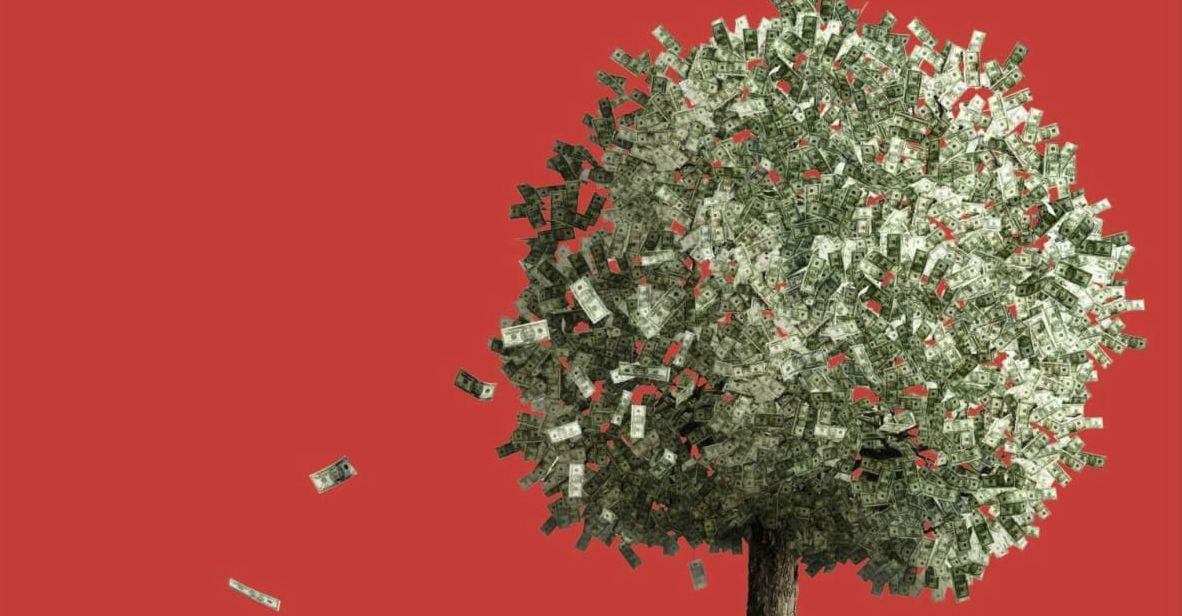 If a Tree Falls: A Story of the Earth Liberation Front
If a Tree Falls: A Story of the Earth Liberation Front
Directors: Marshall Curry & Sam Cullman
★★★★
The Earth Liberation Front is a loose group of environmentalists variously labelled radical activists and eco-terrorists. The first ELF activity in the United States occurred in the 90s in Eugene, Oregon: a centre for environmental and anarchist activism. The FBI would go on to call them ‘America’s number one domestic terrorism threat’.
The movement in Eugene was originally ‘hippie protests’, as one participant dubbed them. Hippie protests being marches, placards and sit-ins. However, after the US Forest Service approved logging in what was a national park and then forcibly removed protestors, new action was taken. The movement split with a minority engaging in what they term monkey wrenching: essentially, economic sabotage and property destruction. One activist, Jake Ferguson, burned down the Oregon Ranger Station. The United States ELF crystallised around this action and have since carried out over 1200 actions. Usually vandalism and arson attacks. The group have a press office and spokespeople who receive anonymous communications from members. They encourage other cells to start up around the country, emphasising property damage and protection of human life.
Following September 11 the media regularly painted the group as terrorists. Occasionally a qualifying ‘eco’ would be added as prefix but this was usually as much explanation for the attacks as was offered. Terrorism became a label to justify investigations and harsh punishments against the group.
If A Tree Falls is a fascinating and challenging documentary that presents the group’s story predominantly through interviews with Daniel McGowan, an ex-member, who while under house arrest and awaiting trial for his involvement, allowed director Marshall Curry (Street Fight) into his home. Curry has a well-rounded approach to the subject that includes interviews with the business owners affected by the attacks as well as FBI investigators and police.
If A Tree Falls is a film less about environmental destruction, and more about questioning activist tactics. Interestingly, climate change is not mentioned once in the whole film. The film contains archival footage including video by one activist filmmaker who captured the radicalisation of both the environmentalists and the police. As the protesters began to throw rocks, the police began to swing batons and beat people. There is an excruciating shot of police holding the heads of protesters and pepper spraying directly into their eyes after the protesters refused to move from their position protecting trees. The violence continued to escalate. The mismatch of force – riot gear and officially approved violence on one side, banners on the other – created the ELF. Curry doesn’t take a position on whether peaceful protest or the ELF’s actions are more effective or morally sound. But as Daniel asks: ‘when you’re screaming at the top of your lungs and no one hears, what are you supposed to do?’





